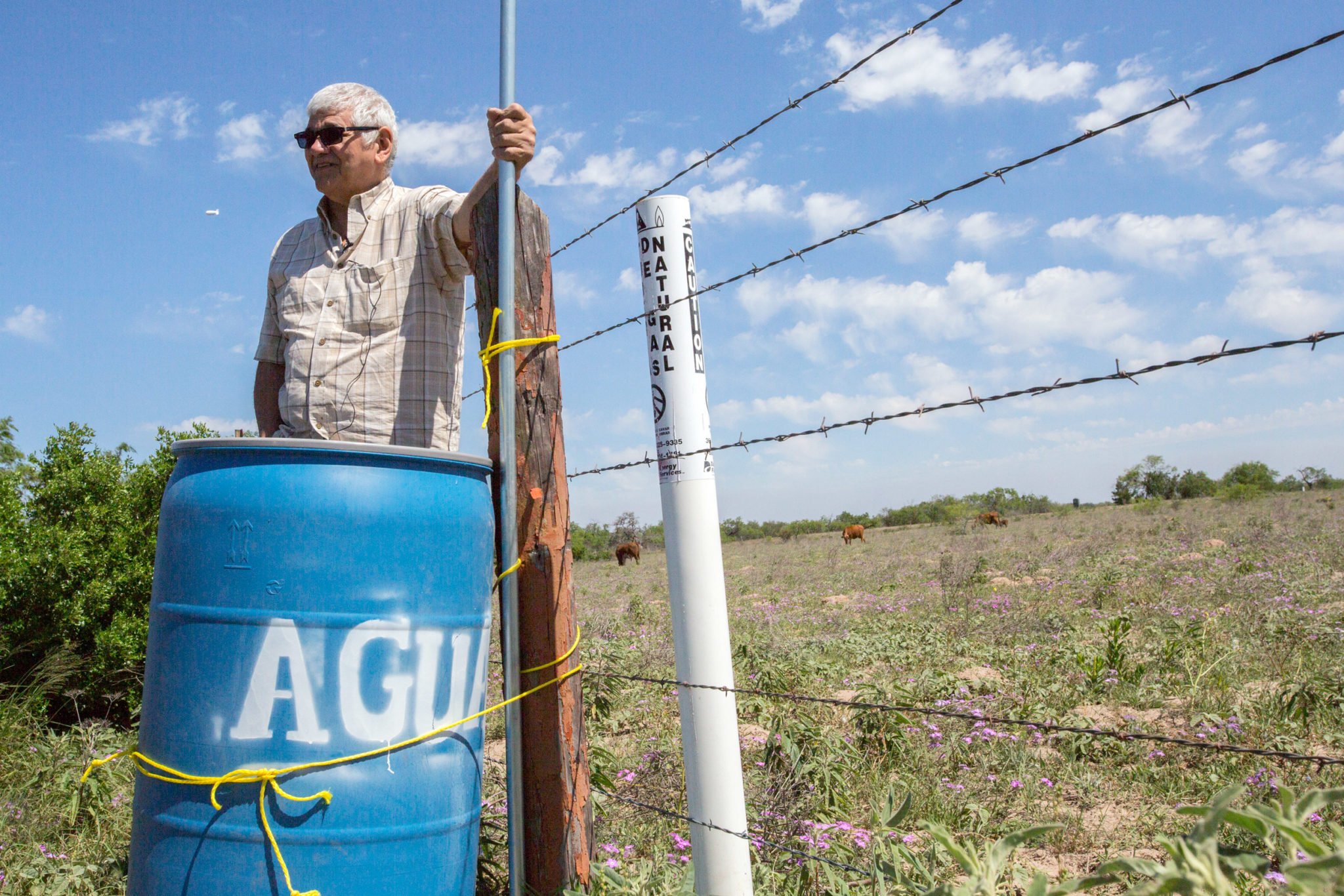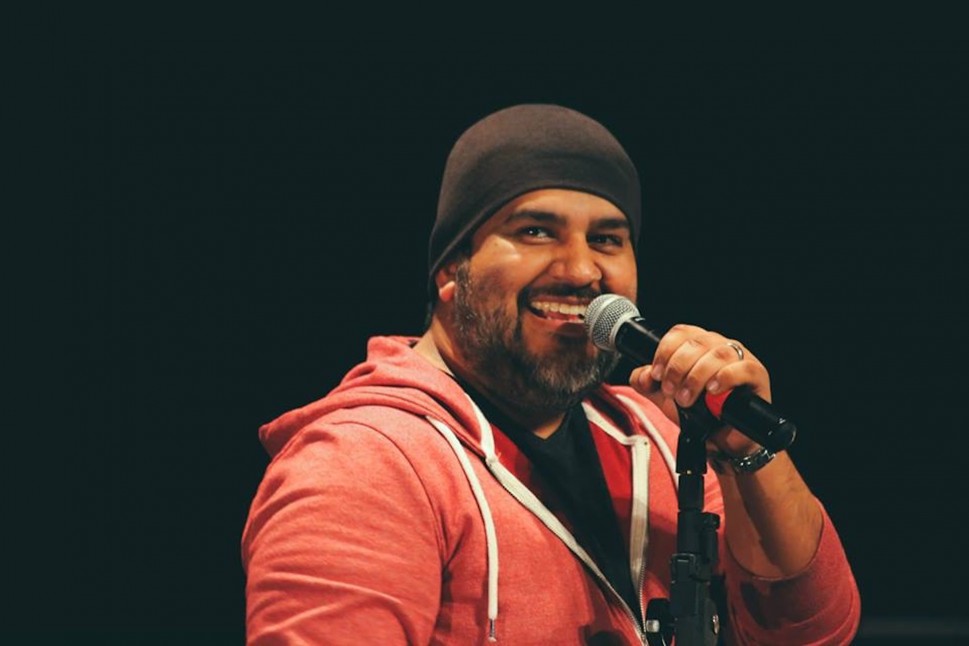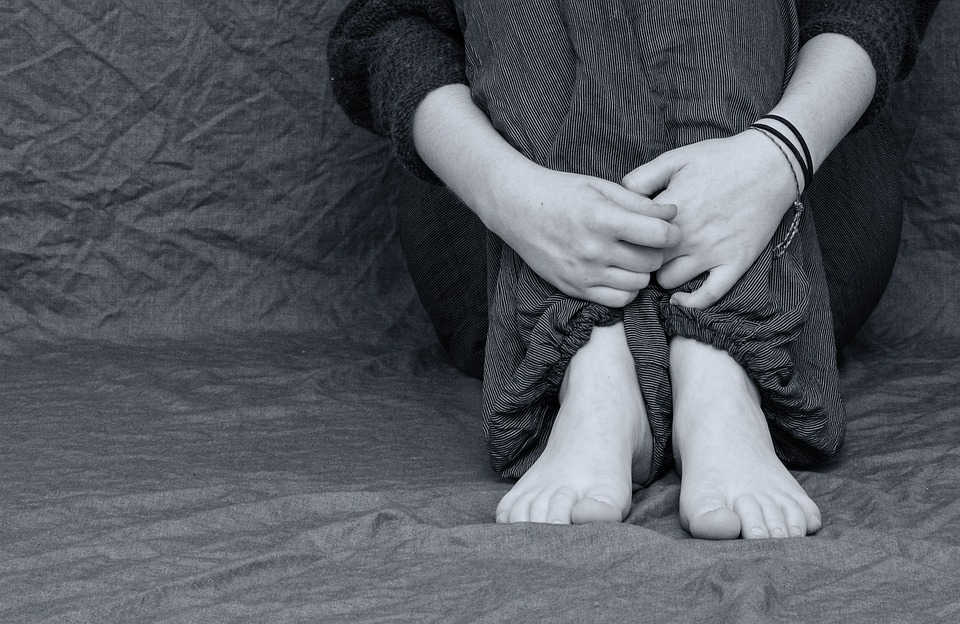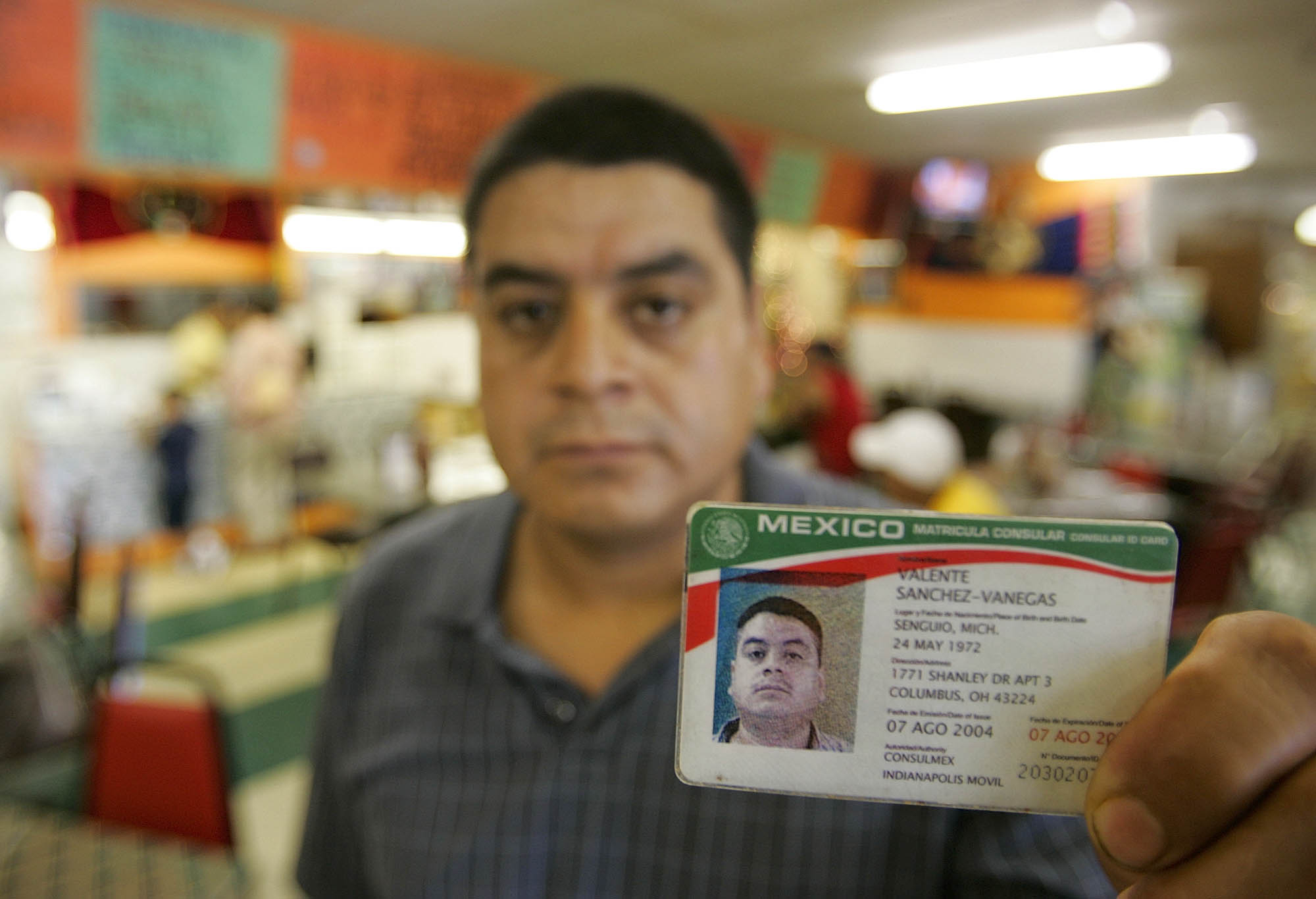
Eddie Canales on Saving Migrant Lives in Brooks County

In the sweltering summer of 2012, rural Brooks County in South Texas was facing a growing humanitarian crisis. Seventy miles north of the Rio Grande, undocumented immigrants were dying in the rugged ranchlands as they tried to circumvent an interior Border Patrol checkpoint.
As the number of dead rapidly increased, former union organizer Eddie Canales, along with a handful of human rights advocates, converged in Falfurrias, the county’s most populated town (with 2,000 residents), to stage protests and hold a press conference to draw attention to the crisis.
It was long overdue. For at least a decade, the number of deaths had been growing as Arizona and California tightened border enforcement, funneling migrants into more treacherous terrain in Texas. Coupled with an exodus of families fleeing violence in Central America, Brooks County was facing a perfect storm. In 2012, the sheriff’s department recovered 129 bodies on ranches in the area.
After the protests, Canales realized it was going to take a sustained effort to raise awareness and to save lives. Canales put his retirement on hold and opened the South Texas Human Rights Center in Falfurrias in November 2013. Since then, Canales, now 68, has relied on volunteers and grants and often has to fund the center from his own pension. Much of the time, he’s the sole employee. The Observer caught up with Canales in September.
Texas Observer: The year 2012 was really a wake up call for the unfolding humanitarian crisis of migrant deaths in Brooks County. How have things changed since then?
Eddie Canales: There’s been a lot of positive change. We’ve really been working with Border Patrol on search and rescue and improving responses to 911 calls. We’ve got the 911 system working so it can monitor Mexican cell phones if people call in distress. And we’ve worked out a search-and-rescue protocol with Border Patrol where they can send in a rescue team if we have the GPS coordinates. When someone is reported as missing, Border Patrol will also do a detention search to see if they have detained the missing migrant. We’re better at getting GPS coordinates now from cell phones, and we’ve even been able to locate people using the WhatsApp app on their phone. And we’ve got the water stations out on the ranches.
TO: Has the influx of Central Americans arriving at the border had an impact on the county?
EC: We’ve recovered 45 bodies so far this year. I would say that 60 percent of the migrants who pass through here are Central Americans and the other 40 percent mostly Mexican. These are men and women traveling on their own. We aren’t seeing families like at the border. About 30 percent of the deaths we see in the county are women. We’re lucky we haven’t seen any young children, but we have recovered teenagers.
TO: There was a scandal about unidentified remains being buried at a cemetery in the county. Over the years, some of these remains were even buried in mass graves. I know a lot of work is being done to exhume and identify these remains and work to reunite them with families. How is the work going?
EC: When we first got involved there were no DNA tests being done on the remains that were recovered out in the ranchlands, despite it being state law. Once the sheriff’s office learned that it was in fact state law, they were on our side. The first thing we did was make sure the bodies were sent to a medical examiner in Webb County and that we got DNA samples. Now there’s a protocol in place. We also have forensic experts working to identify the bodies that were exhumed from the cemetery and match DNA to relatives.
TO: What do you see as the biggest barrier to saving migrants’ lives right now in Brooks County?
EC: The biggest problem is not having enough information from the coyotes [human smugglers]. When someone is left behind in the brush, the coyote will mislead families and not tell them where they left them. They’ll say Border Patrol apprehended the person and so the family will waste valuable time searching the detention facilities. Even worse, they will extort families telling them they have the missing person and will ask for money for their release. I know of one family who paid $7,000 and the smuggler never had their relative and that person has still not been found. People pay because they are desperate and it’s terrible they take advantage of people like that. That’s one of the worst things I’ve seen out here.


